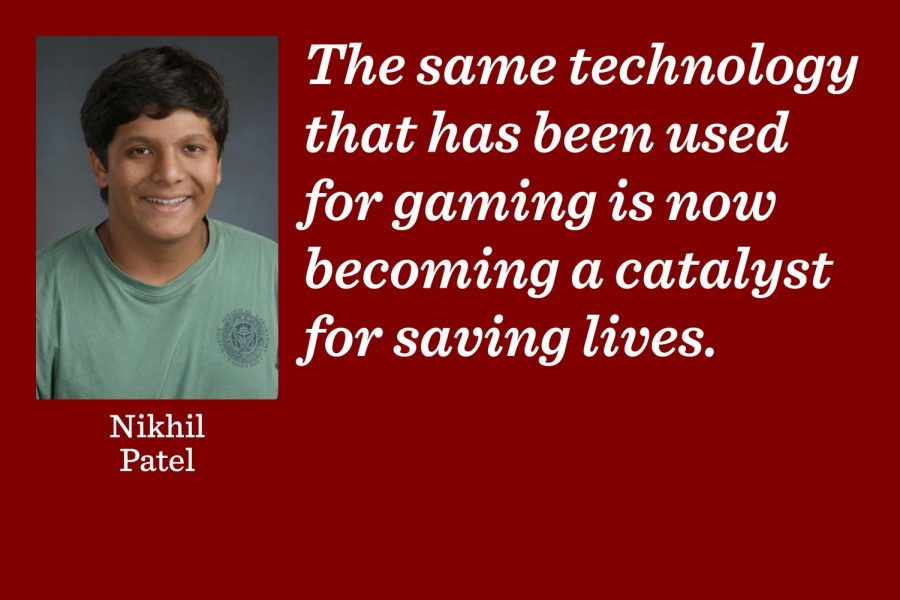Augmented reality will revolutionize future of technology
February 8, 2018
It’s easy to see why some people are calling the iPhone X the most innovative iPhone yet. The most novel feature is Apple’s augmented reality development platform for iOS devices, the AR Kit, which allows app developers to use the phone’s camera to project a computer-generated image on the user’s view of the real world.
Apple’s ARKit has revitalized the field of AR by incentivizing AR games, suggesting that businesses are the best vehicle to develop AR technology.
Some argue the government should incentivize this development using research grants since it doesn’t have to worry about making profits, but those people fail to realize that the lack of worry itself would be a problem. Companies have a greater incentive to develop useful technologies.
By developing items that are most marketable, the companies generate the highest profits possible and revolutionize and simplify the way things are done.
There is infinite potential in AR and AR experiences, and this massive market is far from being tapped. In the field of gaming, the pseudo-AR game “Pokémon Go” made almost $1 billion in 2016, and, according to the International Data Corporation, by 2020 more money will be spent on AR development than on mobile gaming.
The development of AR Kit and the support for AR games on gaming consoles attest to this trend.
However, the most worthwhile usage of AR is in medicine. According to the Medical Futurist, a blog detailing advances in the field of medicine, AR could revolutionize treatment in hospitals. In the emergency room, three-dimensional ultrasounds using AR can save lives by showing the entirety of a major organ, not just one side. In the operating room, a surgeon wearing a headset that maps out the veins and arteries of a person onto the body will make fewer mistakes or slip-ups.
An Israeli-based company, Augmedics, has already created technology for complicated spinal surgery that allows a surgeon to “see through” the skin and superimposes CT scans on the spine of the patient. This heavily privatized industry is now on the brink of a transformative experience. The same technology that has been used for gaming is now becoming a catalyst for saving lives.
So, is this the beginning of something big or is it just a passing phase? That remains to be proven, but AR is the technology of the near future and companies only stand to gain by investing in it now.































































